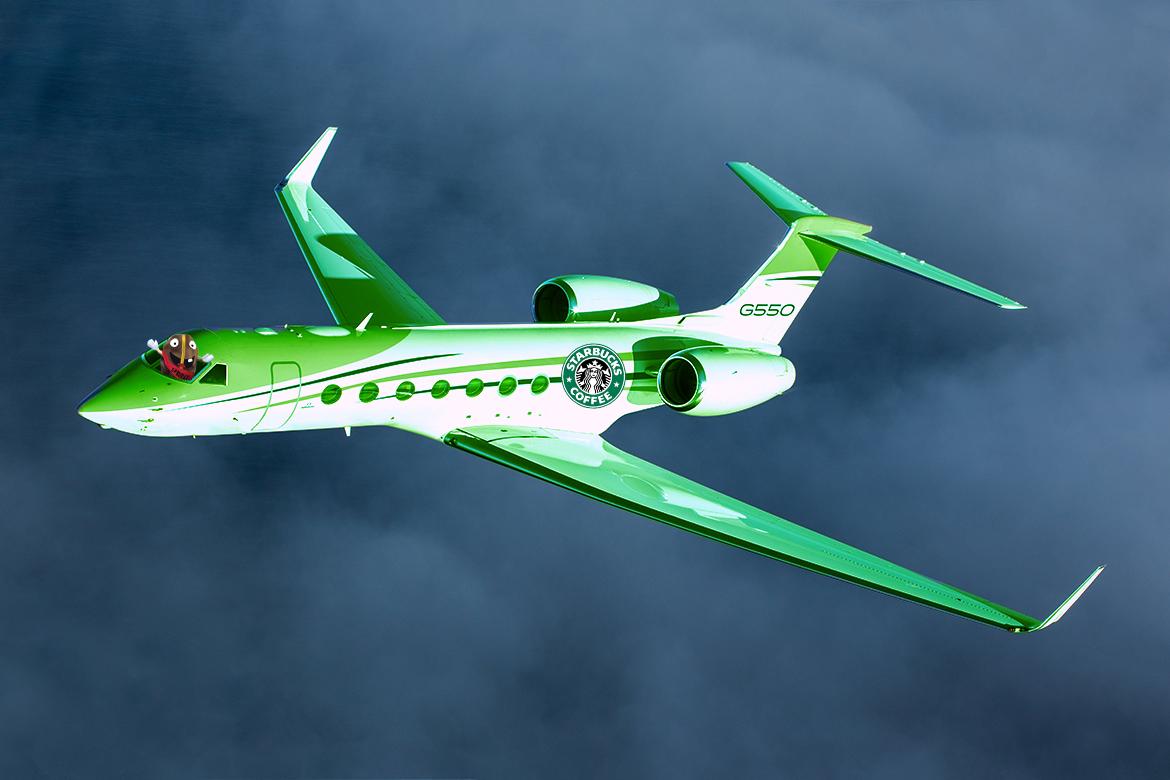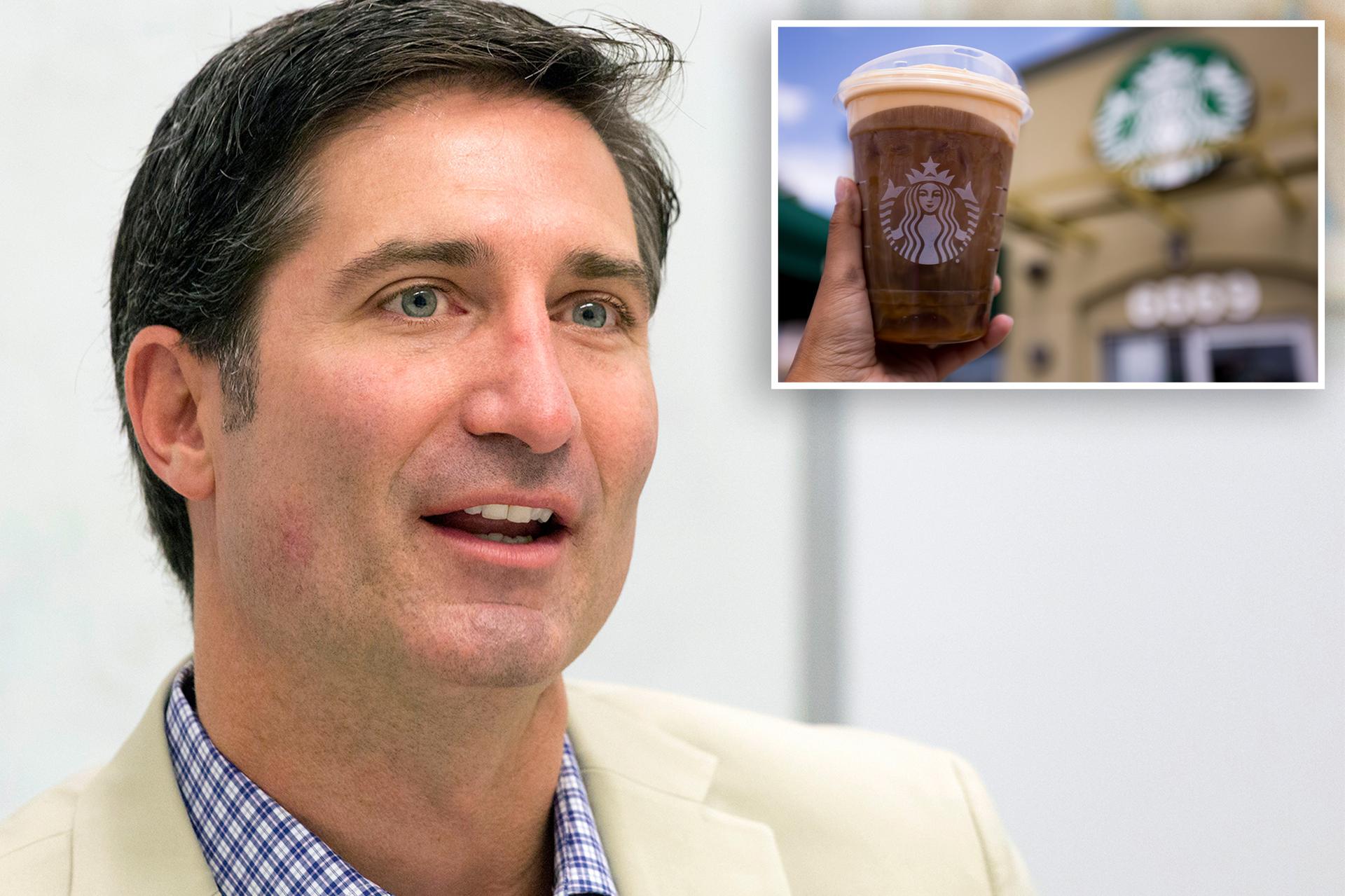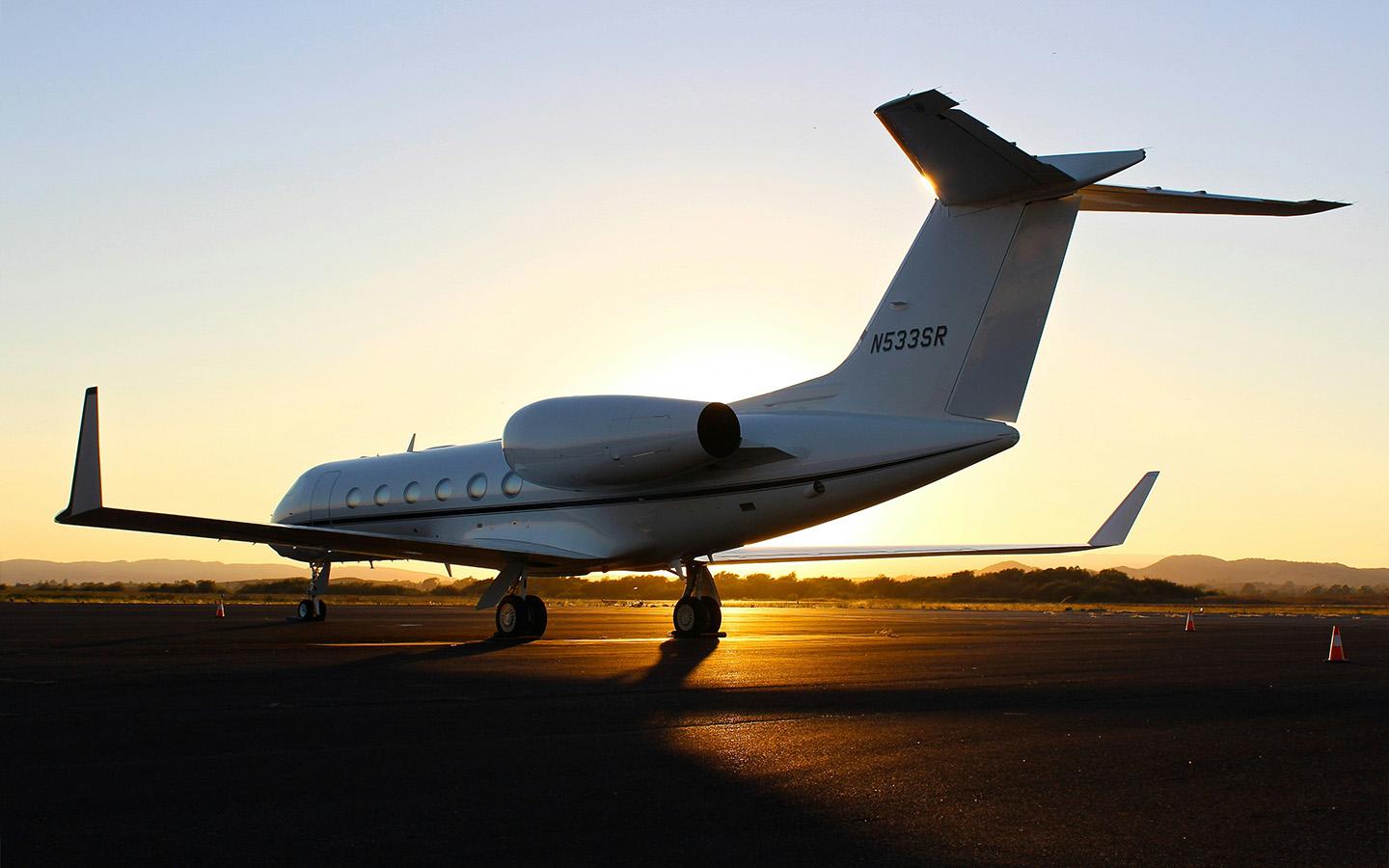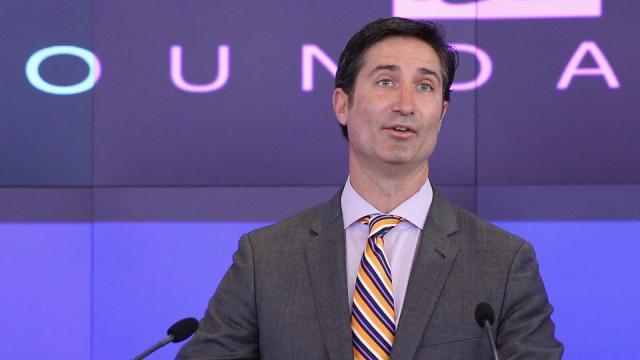A major coffee company’s incoming CEO declines to move to Seattle. His offer letter allows weekly commutes from California.
This arrangement raises eyebrows in corporate circles. Experts estimate such commutes cost companies an average of $500,000 annually.
How will the CEO travel?

The company provides a private jet for the CEO’s commute. This perk extends to business and personal travel.
The arrangement includes a $250,000 annual allowance for non-business flights. Private jet usage by CEOs has increased by 40% in the past five years.
What are the environmental implications?

Private jets emit significantly more pollutants than commercial flights. Studies show a tenfold increase in per-passenger emissions.
This contradicts the company’s eco-friendly image. Environmental groups criticize such practices, citing a 15% rise in corporate carbon footprints.
Is this perk common for executives?

CEO travel perks vary widely across industries. Only 20% of Fortune 500 companies offer private jet access.
This benefit often sparks controversy among shareholders. Compensation experts debate the necessity of such lavish arrangements.
How does this affect company culture?

Employees may view the CEO’s commute as disconnected from daily operations. Such perks can create a perceived divide in corporate culture.
Studies show a 30% decrease in employee morale when executives receive excessive benefits. The long-term impact on company loyalty remains uncertain.
What about the company’s sustainability goals?

The coffee giant aims to halve its environmental footprint by 2030. This jet arrangement seems to contradict these objectives.
Sustainability experts question the sincerity of corporate green initiatives. Companies face increasing pressure to align actions with environmental promises.
How do shareholders react to such perks?

Shareholder reactions to executive perks vary widely. Some view them as necessary to attract top talent.
Others see them as wasteful corporate spending. Recent surveys show 60% of investors disapprove of excessive CEO benefits.
What’s the cost of CEO commutes?

Weekly cross-country commutes incur substantial expenses. Fuel costs for private jets have risen 25% in recent years.
Companies often justify these expenses as productivity investments. The true ROI of such arrangements remains a topic of debate.
Are there alternatives to private jets?

Some executives opt for video conferencing to reduce travel. Others use commercial first-class for long-distance commutes.
Telecommuting technology has advanced 300% in efficiency since 2020. Companies explore various options to balance convenience and cost.
What’s next for executive travel trends?

The future of executive travel faces scrutiny. Environmental concerns may force changes in corporate policies.
Some predict a 50% reduction in private jet usage within a decade. The balance between luxury perks and corporate responsibility continues to evolve.


